 W
WJohannes Althusius was a German jurist and Calvinist political philosopher.
 W
WHeinz Dieterich or Heinz Dieterich Steffan is a German sociologist and a political analyst residing in Mexico. He is better known for his leftist ideals. He contributes to several journals and has published more than 30 books about conflict in Latin America, global society and the ideological controversies that characterised the 20th century, among other philosophical and social scientific topics.
 W
WArtur Dinter was a German writer and Nazi politician who was the Gauleiter of Gau Thuringia.
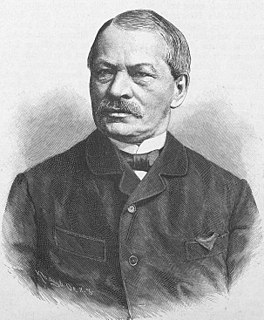 W
WGustav Freytag was a German novelist and playwright.
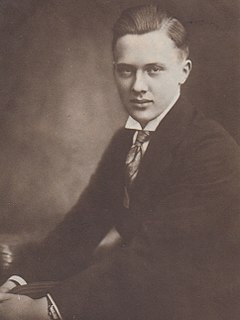 W
WPrince Friedrich Christian of Schaumburg-Lippe was a German prince, the youngest son of Georg, Prince of Schaumburg-Lippe and his consort Princess Marie Anne of Saxe-Altenburg.
 W
WEberhard H. Gothein was a German Economist and Historian. Gothein was a professor at University of Karlsruhe (1885), University of Bonn (1890), and Heidelberg University (1904). He was a representative of the liberal-positivist opposition against the Prussian historical school of Treitschke and Sybel, which was prevalent in Germany. Gothein was the author of valuable works on cultural and economic history, primarily of the 15th to 17th centuries. Furthermore, he was one of the founding fathers of the University of Mannheim's predecessor, the Handelshochschule Mannheim.
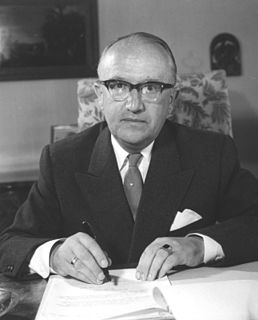 W
WWalter Hallstein was a German academic, diplomat and statesman who was the first President of the Commission of the European Economic Community and one of the founding fathers of the European Union.
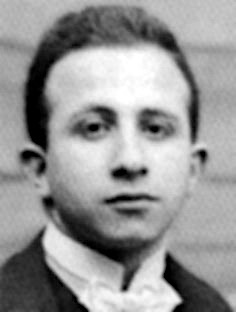 W
WKurt Hiller was a Jewish German essayist of high stylistic originality and a political journalist from a Jewish family. An openly gay communist he was deeply influenced by Immanuel Kant and Arthur Schopenhauer, despising the philosophy of G. W. F. Hegel, which made him quite unpopular with Marxists. Hiller was also an influential writer in the early German gay rights movement in the first two decades of the 20th century. In 1929, Hiller took over as chairman of the Scientific Humanitarian Committee from fellow gay activist Magnus Hirschfeld.
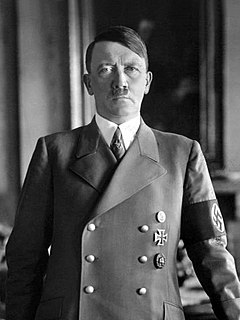 W
WAdolf Hitler was a German politician and leader of the Nazi Party. He rose to power as the chancellor of Germany in 1933 and then as Führer in 1934. During his dictatorship from 1933 to 1945, he initiated World War II in Europe by invading Poland on 1 September 1939. He was closely involved in military operations throughout the war and was central to the perpetration of the Holocaust.
 W
WHans-Hermann Hoppe is a German-born American economist of the Austrian School and paleolibertarian anarcho-capitalist philosopher. He is Professor Emeritus of Economics at the University of Nevada, Las Vegas (UNLV), Senior Fellow of the Ludwig von Mises Institute, former Editor of the Journal of Libertarian Studies, a lifetime member of the Royal Horticultural Society and the founder and president of the Property and Freedom Society.
 W
WHasnain Kazim is a German journalist and writer of Pakistani origin. He is a winner of the CNN Journalist Award in 2009.
 W
WBernhard Kellermann was a German author and poet.
 W
WPetra Karin Kelly was a German Green politician and ecofeminist activist. She was a founding member of the German Green Party, the first Green party to rise to prominence both nationally in Germany and worldwide. In 1982, she was awarded the Right Livelihood Award for "forging and implementing a new vision uniting ecological concerns with disarmament, social justice and human rights."
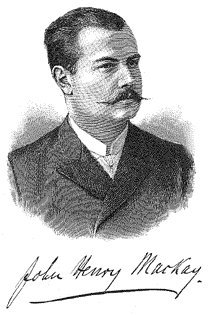 W
WJohn Henry Mackay was an egoist anarchist, thinker and writer. Born in Scotland and raised in Germany, Mackay was the author of Die Anarchisten and Der Freiheitsucher. Mackay was published in the United States in his friend Benjamin Tucker's magazine, Liberty.
 W
WFriedrich Wilhelm Adolph Marr was a German agitator and publicist, who popularized the term "antisemitism" (1881).
 W
WAnton Memminger (1846–1923) was a German author, publisher and politician. In his Swiss period he used the alias "Oswald Stein".
 W
WKarl Otten was German expressionist writer and broadcaster.
 W
WPaul Rohrbach was a German writer, concerned with "world politics." He was born at Irgen manor, Raņķi parish, Skrunda Municipality, in the Courland Governorate. Between 1887 and 1896 he attended the universities of Dorpat, Berlin, and Strasbourg.
 W
WAlfred Ernst Rosenberg was a Baltic German Nazi theorist and ideologue. Rosenberg was first introduced to Adolf Hitler by Dietrich Eckart and held several important posts in the Nazi government. He was the head of the NSDAP Office of Foreign Affairs during the entire rule of Nazi Germany (1933–1945), and led Amt Rosenberg, an official Nazi body for cultural policy and surveillance, between 1934 and 1945. During World War II, Rosenberg was the head of the Reich Ministry for the Occupied Eastern Territories (1941–1945). After the war, he was convicted of crimes against peace; planning, initiating and waging wars of aggression; war crimes; and crimes against humanity at the Nuremberg trials in 1946. He was sentenced to death and executed on 16 October 1946.
 W
WJürgen Todenhöfer is a German author, journalist, politician, and executive.
 W
WWalter Küchenmeister was a German machine technician, journalist, editor and writer. Küchenmeister was a member of the anti-fascist resistance group that was called the Red Orchestra by the Gestapo and was notable for being part of the close group that constituted the Schulze-Boysen group of individuals.